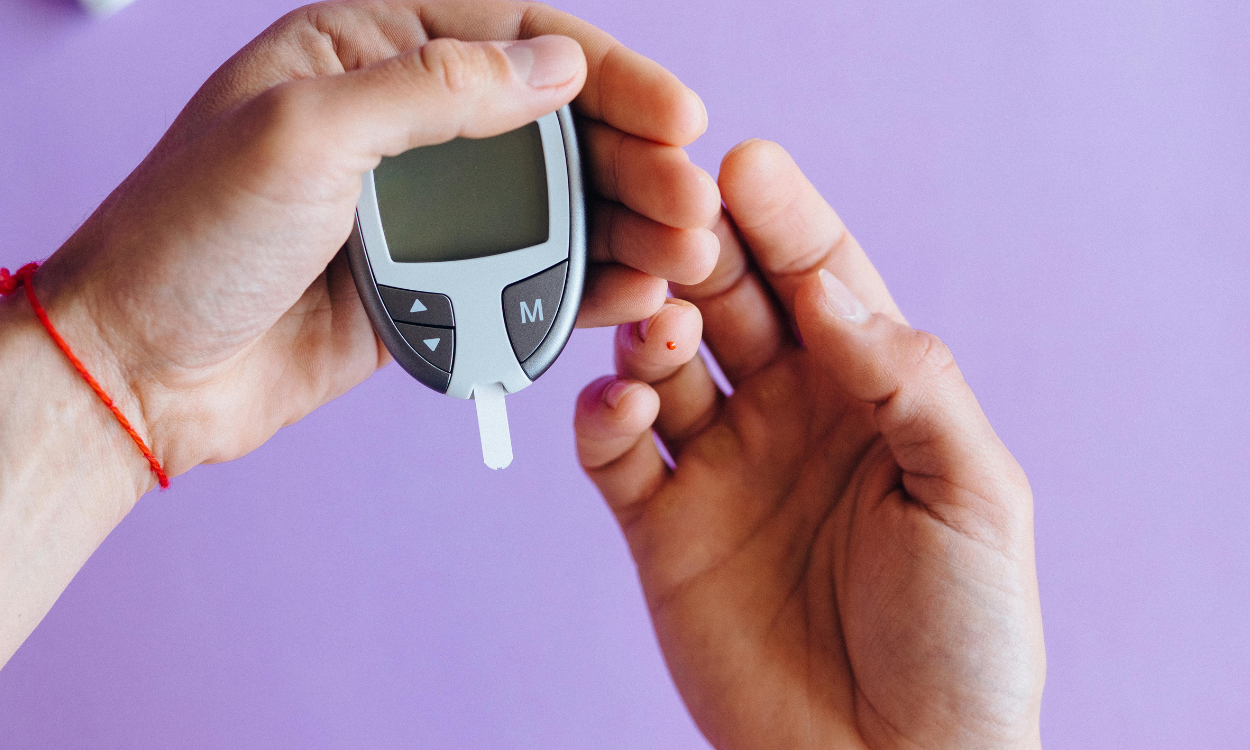Stress Relief: How Regular Exercise Benefits Your Mental Health
Stress is an inevitable part of modern life. Whether it stems from work, relationships, or daily responsibilities, stress can take a significant toll on your mental health. Fortunately, one of the most effective ways to combat stress is through regular exercise. This article will explore how regular exercise benefits your mental health, providing you with the stress relief you need to live a healthier, happier life.
Table of Contents

Understanding Stress and Its Impact on Mental Health
Before diving into how regular exercise benefits your mental health, it’s important to understand the nature of stress. Stress is your body’s natural response to perceived threats or challenges. When you encounter a stressful situation, your body releases hormones like cortisol and adrenaline, which prepare you to deal with the challenge. This “fight-or-flight” response is crucial for survival but becomes problematic when triggered too frequently.
Chronic stress can lead to a range of mental health issues, including anxiety, depression, and burnout. Over time, unchecked stress can also contribute to physical health problems, such as high blood pressure, heart disease, and a weakened immune system. Given the pervasive nature of stress and its potential impact, finding effective stress relief strategies is essential.
The Role of Regular Exercise in Stress Relief
One of the most powerful tools for stress relief is regular exercise. Engaging in physical activity has been shown to have a profound impact on mental health, offering numerous benefits that extend far beyond physical fitness. Here’s how regular exercise benefits your mental health:
- Exercise Reduces Stress Hormones
When you exercise, your body produces endorphins, which are natural mood elevators. These endorphins interact with receptors in your brain, reducing your perception of pain and triggering a positive feeling in the body. Moreover, regular exercise lowers the levels of stress hormones, such as cortisol, in the body. By reducing these hormones, exercise provides immediate stress relief and helps your body manage stress more effectively over time.
- Exercise Enhances Mood and Reduces Anxiety
Another way regular exercise benefits your mental health is by enhancing your mood and reducing anxiety. Studies have shown that engaging in physical activity can significantly reduce symptoms of anxiety and depression. This is because exercise promotes the release of neurotransmitters like serotonin and dopamine, which play a key role in mood regulation. By improving the balance of these chemicals in your brain, regular exercise provides lasting stress relief and a more positive outlook on life.
- Exercise Improves Sleep Quality
Sleep is a crucial component of stress relief, and regular exercise can help improve the quality of your sleep. Physical activity increases the time spent in deep sleep, the most restorative sleep phase. Deep sleep helps to rejuvenate your mind and body, allowing you to wake up feeling refreshed and better equipped to handle stress. By improving sleep quality, regular exercise benefits your mental health and enhances your ability to manage stress.
- Exercise Boosts Self-Esteem and Confidence
Regular exercise benefits your mental health by boosting your self-esteem and confidence. When you engage in physical activity, you achieve small, consistent victories, whether it’s running a little farther, lifting heavier weights, or mastering a new yoga pose. These accomplishments contribute to a sense of achievement and build self-confidence, which can help you better handle stress and reduce feelings of inadequacy or self-doubt.
- Exercise Promotes Mindfulness and Mental Clarity
Mindfulness is the practice of being present and fully engaged in the current moment. Regular exercise promotes mindfulness by helping you focus on the physical sensations of your body, the rhythm of your breath, and the environment around you. This mindful awareness during exercise can help you break the cycle of negative thoughts and reduce stress. Additionally, regular exercise enhances mental clarity and cognitive function, allowing you to approach stressful situations with a calm and focused mind.
- Exercise Provides a Healthy Distraction
Sometimes, the best way to achieve stress relief is by temporarily shifting your focus away from stressors. Regular exercise provides a healthy and productive distraction from the worries and challenges of daily life. Whether it’s going for a run, hitting the gym, or practicing yoga, physical activity allows you to take a mental break and return to your responsibilities with a clearer mind and reduced stress levels.
- Exercise Fosters Social Connections
Social support is a key factor in stress relief, and regular exercise can help you build and strengthen social connections. Whether you join a fitness class, participate in a team sport, or simply go for a walk with a friend, exercising with others provides an opportunity to connect and bond. These social interactions can offer emotional support, reduce feelings of isolation, and contribute to improved mental health.
- Exercise Enhances Resilience to Stress
One of the most significant ways regular exercise benefits your mental health is by enhancing your resilience to stress. When you regularly engage in physical activity, you train your body and mind to cope with stress more effectively. Over time, you become more adept at managing stress, reducing its impact on your mental health, and maintaining a sense of balance and well-being.
Incorporating Exercise into Your Routine for Stress Relief
Now that you understand how regular exercise benefits your mental health, it’s time to incorporate physical activity into your daily routine. Here are some tips to help you get started:
- Choose Activities You Enjoy: The key to maintaining a regular exercise routine is finding activities that you genuinely enjoy. Whether it’s dancing, swimming, hiking, or cycling, choose exercises that make you feel good and that you look forward to.
- Start Small: If you’re new to exercise, start with small, manageable goals. Even a 10-minute walk can provide stress relief and contribute to your overall mental health. As you build your fitness level, gradually increase the duration and intensity of your workouts.
- Make It a Habit: Consistency is crucial for reaping the mental health benefits of exercise. Try to schedule physical activity at the same time each day, so it becomes a regular part of your routine. Over time, exercise will become a natural and integral aspect of your daily life.
- Listen to Your Body: While regular exercise is important for stress relief, it’s also essential to listen to your body and avoid overexertion. Pay attention to how your body feels during and after exercise, and adjust your routine as needed to prevent injury or burnout.
- Combine Exercise with Other Stress Relief Techniques: To maximize the benefits of regular exercise, consider combining it with other stress relief techniques, such as meditation, deep breathing, or journaling. This holistic approach can help you manage stress more effectively and improve your overall mental health.
Conclusion
Stress is an unavoidable part of life, but it doesn’t have to control your mental health. By incorporating regular exercise into your routine, you can achieve significant stress relief and enjoy a range of mental health benefits. From reducing stress hormones to enhancing mood, improving sleep, and boosting self-esteem, regular exercise provides a powerful and natural way to support your mental well-being. So, take the first step towards a healthier, stress-free life by making exercise a priority, and experience the transformative effects it can have on your mental health.





